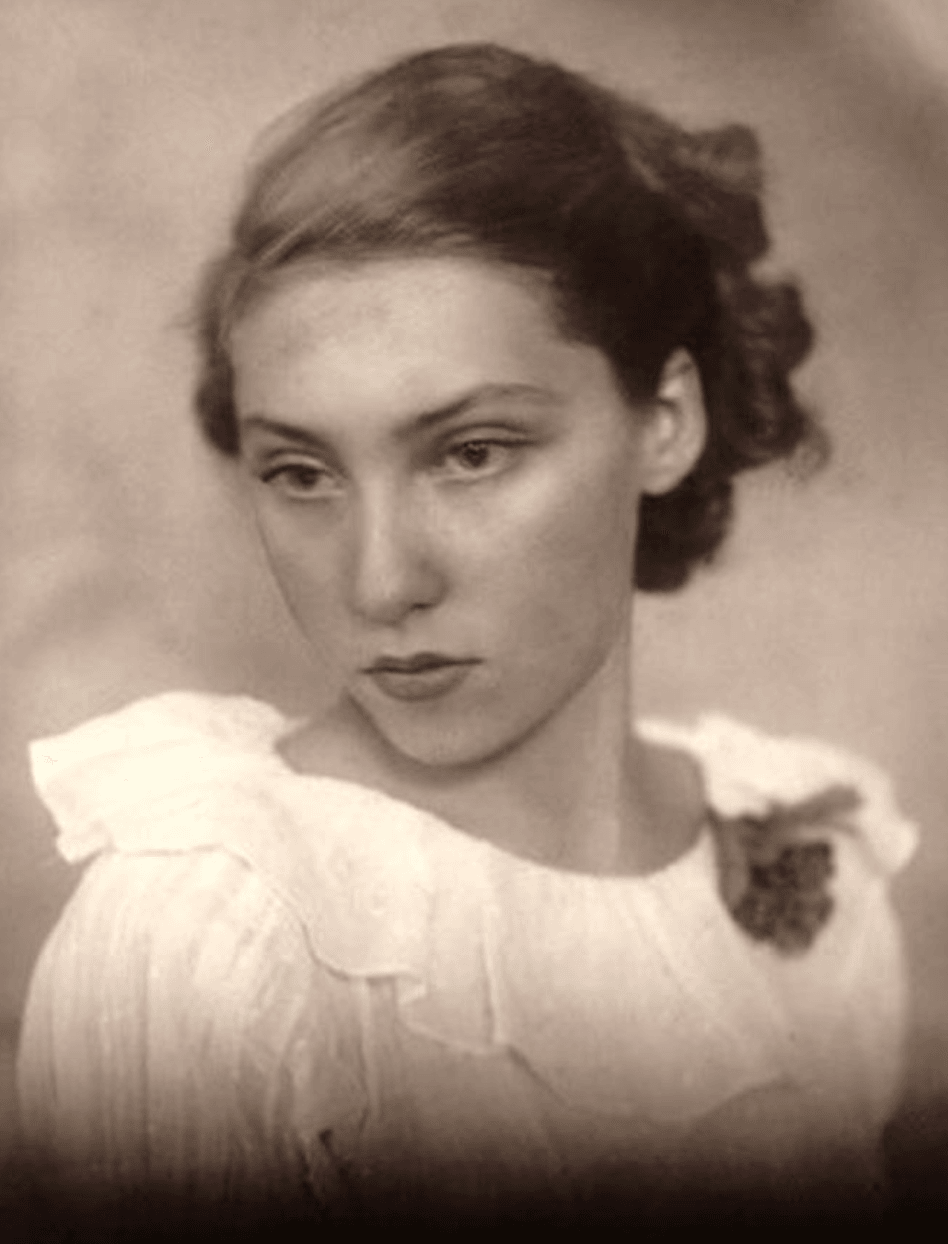

Empowering Minds, Celebrating Women
- …

Empowering Minds, Celebrating Women
- …

Clarice Lispector

Clarice Lispector, a Brazilian writer of Ukrainian descent, stands as one of the most enigmatic and influential figures in 20th-century literature. Born Chaya Lispector in Chechelnik, a small town in Ukraine, her family suffered in the pogroms that followed the dissolution of the Russian Empire. They eventually emigrated to Brazil, and upon arrival, the Lispectors changed their names: Chaya became Clarice. In 1935, the Lispector family moved to Rio de Janeiro, a city that would become central to Clarice’s personal and professional life. It was in Rio that she pursued her education, attending the National Law School at the University of Brazil. Although she studied law, her passion for literature and writing never waned. During her university years, she began publishing short stories and articles, establishing herself as a distinctive literary voice. Her works, characterized by their introspective depth and existential themes, have captivated readers and critics alike.
"Her life was made up of complete little lives, of whole, closed circles, which isolated themselves from one another."

Among her most notable contributions to literature is her debut novel, Near to the Wild Heart, published in 1943. The book won the prestigious Graça Aranha Prize for the best debut novel of 1943 a year later. The poet Lêdo Ivo commented that it was "the greatest novel a woman has ever written in the Portuguese language." This novel not only introduced the world to Lispector’s unique literary voice but also served as the groundbreaking work that paved the way for her illustrious literary career.
Near to the Wild Heart is a novel that defies conventional narrative structures. It focuses instead on the internal landscape of its protagonist, Joana. Joana is a complex character whose thoughts and emotions are laid bare in a stream-of-consciousness style, reflecting Lispector’s desire to capture the essence of human consciousness. Lispector’s prose is lyrical and evocative, often blurring the line between reality and imagination. Her use of metaphors and symbolism adds layers of meaning to Joana’s experiences, inviting readers to engage in a deeper contemplation of the text. The novel’s structure is fragmented, mirroring the chaotic and nonlinear nature of human thought. This fragmentation allows Lispector to delve deeply into Joana’s psyche, presenting her inner world as a series of vivid, often disjointed, impressions. Through this technique, Lispector examines themes of identity, freedom, and the search for meaning. Joana’s journey is not one of external adventures but of internal discoveries.
Clarice Lispector's legacy endures through her profound and innovative contributions to literature. Her works continue to captivate readers worldwide, offering deep insights into the human condition and the complexities of the soul.
WOMEN IN HUMANITIES

